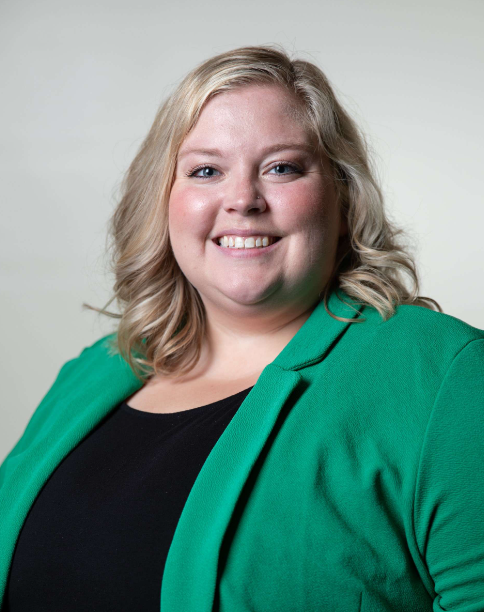
According to data published by the Pew Charitable Trusts, an affiliate of the Pew Research Center, Kansas ranks dead last in the country on the share of state revenue that comes from federal funds.
Across the country, the percentage of state revenue from federal funds ranges from about a quarter to more than half of state revenue and according to Pew, a higher or lower percentage does not necessarily indicate a problem for state budgets.
The highest and lowest ranked states vary greatly — and perhaps challenge some partisan stereotypes about federal spending. Alaska, Louisiana, Montana and Rhode Island make up the top four, while New Jersey, California, Utah, and Kansas fall at the bottom of the list.
To some, this may not seem like a bad thing; Kansas’ politics has strong libertarian undertones after all.
However, the federal share of state revenue does reflect how much funding states receive from the federal government to help pay for public services — healthcare, education and training, transportation, infrastructure, etc.
In Kansas in particular, our ranking shows that federal dollars are left on the table rather than being used on public goods that benefit citizens.
The latest Kansas Speaks public opinion survey — conducted by the Docking Institute of Public Affairs at Fort Hays State University from September 20 to October 10 of this year — shows that nearly 70% of respondents support Medicaid expansion.
Ninety-percent of the cost of expanding KanCare, the state’s Medicaid program, would come from federal dollars under the 2010 Affordable Care Act. Forty states and Washington, D.C. have enacted expansion, including all of our neighboring states — three of which expanded Medicaid via initiative petition.
Studies estimate that 150,000 Kansans would gain coverage under KanCare expansion. Sixty-six percent of Kansas Speaks respondents indicated that these Kansans deserve healthcare from the state.
Furthermore, expanding KanCare would also keep rural hospitals open — which is critically important to our rural communities.
In an investigation by Wichita’s KWCH Factfinder 12 team earlier this year, over half of the state’s rural hospitals are at risk of closing. Of 104 rural hospitals, 60 are at risk of closing, including 29 facing immediate risk.
Just over 64% of Kansas Speaks respondents agree that keeping rural hospitals open is an important benefit of expanding KanCare.
In the face of Kansas' unique position as the lowest-ranked state in terms of federal funds contributing to our state revenue, it becomes evident that there is untapped potential for improving the well-being of citizens.
The data from Pew and Kansas Speaks paint a clear picture: Kansas has an opportunity to leverage federal funding to enhance public services, especially in the crucial areas of healthcare and rural hospital sustainability.
Accepting federal funds does not compromise our values but rather presents an avenue to improve the lives of our fellow Kansans. It's not just about numbers; it's about providing a lifeline to those who need it and ensuring the stability of our rural hospitals.
Kansas stands at a crossroads, with the opportunity to harness federal resources for the betterment of our citizens and communities.
Expanding KanCare is not just an investment in healthcare; it is an investment in the future of our state, where every individual's well-being and the vitality of our rural communities matter.
Kansas can rise above its ranking by embracing practical solutions that reflect our deeply held values of compassion, community, and care for one another.
Alexandra Middlewood, PhD, is the Department Chair of Political Science at Wichita State University.





